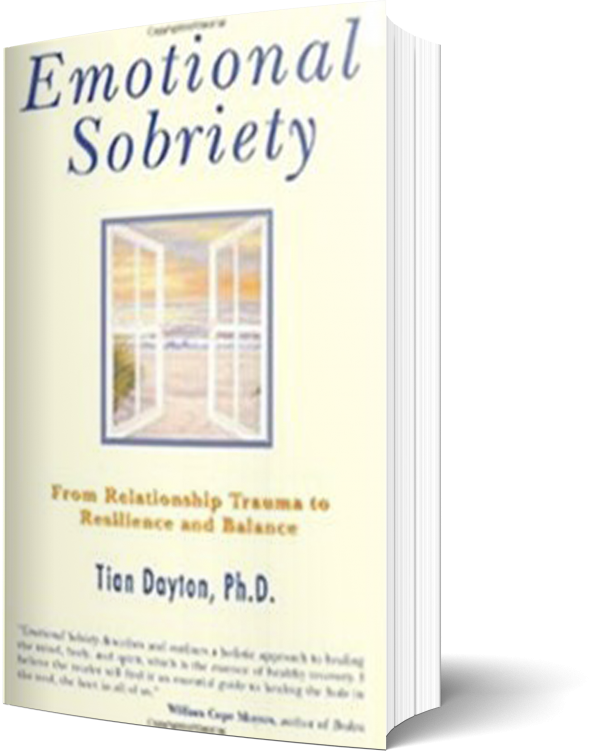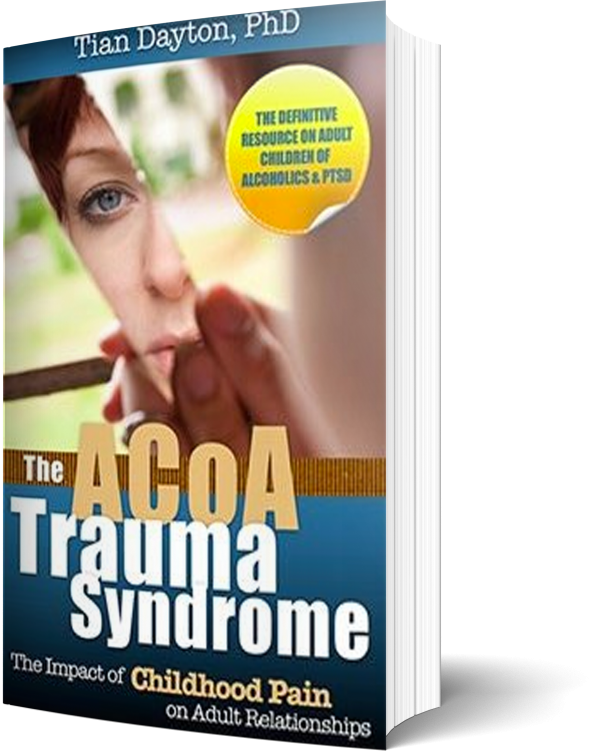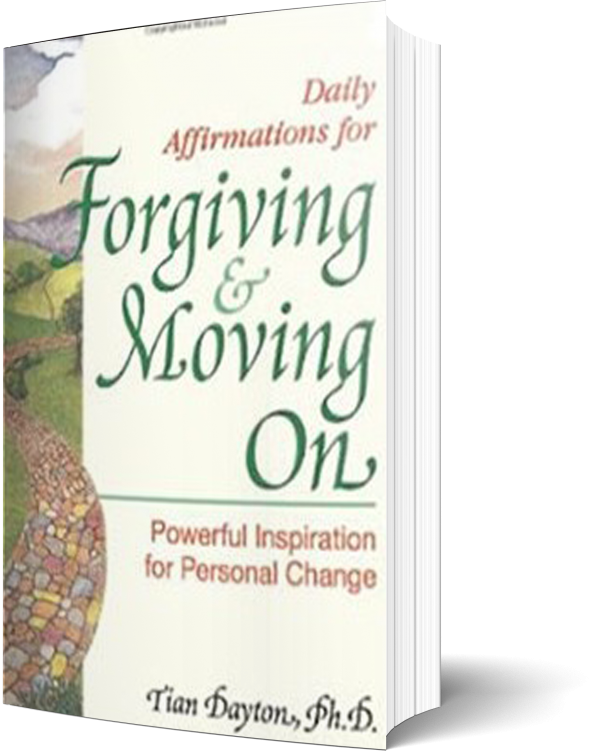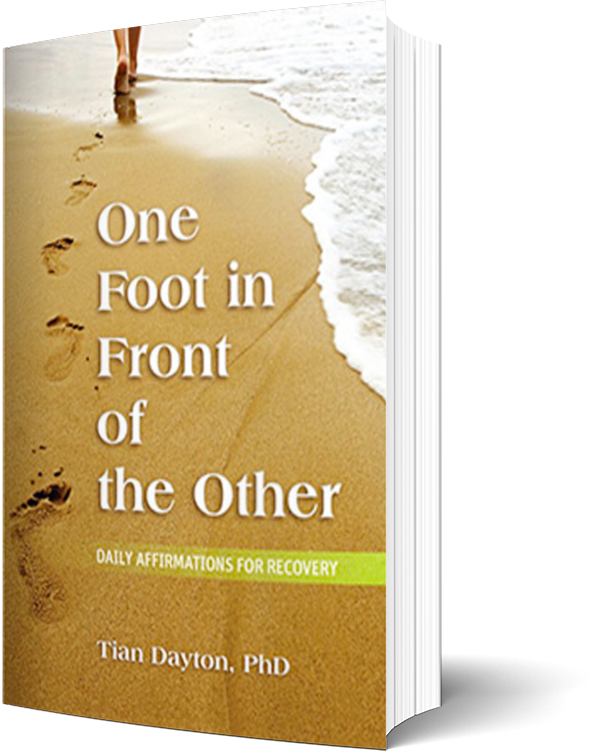Play is defined by researchers as an activity that encourages positive emotions and allows people to complete high-order relational goals, such as getting to know each other, learning about each other or engaging in a mutual interest together, at a higher rate than expected . Play is accompanied by smiling and laughter, and should also allow participants to control their onset and their offset in the activity. In other words, play is not forced, it encourages autonomy, spontaneity and creativity. Friends or couples who play together report feeling greater intimacy and closeness. And this sense of closeness develops at a faster rate than normal.Play bonds those who engage in it and helps to shake off tensions and aggressions that might interfere with work or relationships.
Grown ups forget to play. But play, it turns out, is just as important for adults as it is for children.
Adults spend too little time at play according to research, and would benefit greatly from spending more time at it. In the workplace, for example, “adult play helps to alleviate boredom, release tensions, prevent aggression, and create workgroup solidarity,” says Norman C. H. Wong of the University of Hawaii . Play also facilitates organizational learning, creativity, community-building and cohesion, and overall, enhances adaptively and attentiveness.
Almost every species of animal engages in some form of play. Play helps all species, animal and human alike, to learn the adaptive behaviors that increase their chances of survival. Play performs two important functions.
- First, it allows both animals and humans a safe way in which to release aggressions.
- Second, it provides practice in behaviors that are typically associated with adulthood.
We all recognize child play, “you be the Mommy and I’ll be the Daddy; now you be the teacher and I’ll be your student.” Children are constantly slipping in and out of roles, releasing pent-up frustrations, becoming, for a moment, the admonishing authority or the nurturing, all-knowing parent. This gives them a chance to gain some relief from the confines and frustrations of their child roles, and at the same time practice at more mature roles.
Adults need “role relief” and “role variety” just as much as children do. Spending time in a balanced palate of roles allows the self several forms of expression, guards against “role fatigue” and provides “role relief” as well as practice taking on new roles. Getting stuck in one role, say that of “mom” or “worker” can reduce our sense of spontaneity and aliveness according to J.L Moreno, father of of the role play therapy known as psychodrama. Moreno, who wished to be remembered as the doctor who brought laughter into psychiatry, felt that people who are happy in their lives, tend to play a variety of roles that allow for rest, relief and rejuvenation. This playing of a variety of roles according to Moreno increases spontaneity and creativity. If, as Socrates said, “the unexamined life is not worth living” Moreno’s psychodramatist wife Zerka says that……… “the unlived life, is not worth examining!”





